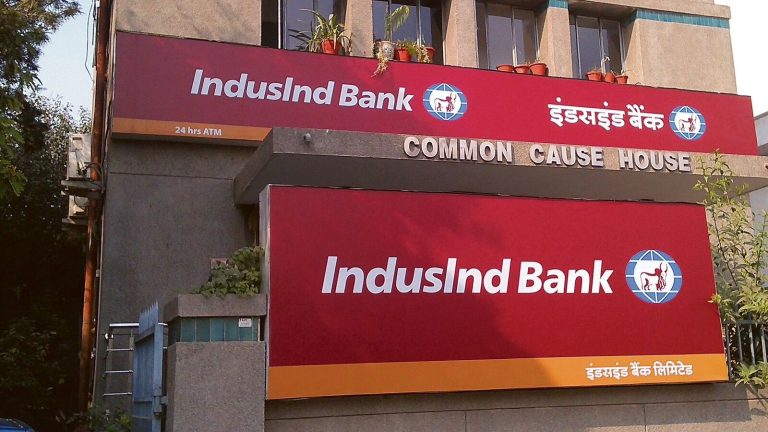On 22 April, the bank said its internal audit department is reviewing its microfinance business to “examine certain concerns which have been brought to the bank’s attention”. IndusInd said it had appointed Big Four auditor EY to assist in reviewing these records.
“When auditors looked at the documents, they realized that these were shown as just a handful of accounts instead of separate entries for every loan. The interest rates also seemed to be ad hoc ones and not for individual borrowers,” one of the three people said.
Banks book interest income from borrowers individually, since they charge different rates to different people, and the interest received from them differs as well.
Transition
IndusInd Bank is in the middle of a management transition after two top executives left in quick succession after incorrect accounting of derivative trades left a ₹1,959 crore hole in its books. The first to go was deputy chief executive Arun Khurana, who resigned two days after Grant Thornton submitted its report on the lapses. This was followed by chief executive Sumant Kathpalia, who left before the bank could find a successor.
Also read | SMBC may increase its stake to 51% in phases after acquiring an initial stake
Constituting 9% of the bank’s total loan book, IndusInd Bank’s microfinance portfolio stood at ₹32,564 crore as on 31 December. According to its December quarter presentation, it is India’s second-largest microfinance lender, with an average outstanding per borrower of ₹42,274 in Q3, up 3% from the previous year. In 2019, the bank acquired Bharat Financial Inclusion Ltd (erstwhile SKS Microfinance) and categorized it as a wholly owned subsidiary.
A second person said the Reserve Bank of India (RBI) had also asked the bank to sort out problems identified by the regulator. “Like the derivatives issue, even in this case, RBI told the bank to fix certain things,” said the second person cited above.
Corrective action
Meanwhile, a third person said EY is reviewing the portfolio to determine the health of the microfinance book and suggest corrective action.
Emails sent to EY, IndusInd Bank and RBI remained unanswered. A spokesperson for professional services firm BDO declined to comment. One of the statutory auditors MSKA & Associates is an affiliate of BDO.
A spokesperson for Chokshi & Chokshi, the other auditor, said that the bank has already made the disclosure in this matter with the stock exchanges on 22 April. “As per the said disclosure, the matter is being reviewed by the bank and hence, we cannot comment further in this regard,” the spokesperson said.
Read this | What the Grant Thornton audit found at IndusInd Bank
Experts questioned the efficacy of audit systems given that these lapses went undetected for a while.
“It should have raised the red flags in every quarter as it was a big amount,” said Vijay Kapur, former director, the Institute of Chartered Accountants of India (ICAI).
“Since NPAs are in reference to each customer or borrower, ignoring this in the earlier quarters seems difficult and there seems to be something amiss,” said Kapur, adding the regulator and ICAI need to take a relook at the entire auditing process in the banking industry.
Separate accounting
Others said interest income is always separately accounted for each borrower, as every account has a separate interest rate.
“Every account is classified–standard or NPA–depending on its repayments, and bunching them together does not work,” said a financial services analyst on condition of anonymity.
To be sure, this would not be the first instance of something out of ordinary at IndusInd Bank’s micro loan business. In November 2021, the bank had said that due to a “technical glitch” in May 2021, about 84,000 loans were disbursed without recording customer consent at the time of loan disbursement.
And this | Mint Explainer: Who will run IndusInd Bank without senior leadership?
India’s microfinance industry is going through a period of stress, impacting lenders. India Ratings and Research said in a note on 10 April that for banks and small finance banks, loans overdue by more than 90 days increased by 200-300 basis points (bps) between March 2024 to December 2024.
“As earlier highlighted by the agency, developments in Karnataka could temporarily impact the credit discipline of microfinance borrowers,” it said, referring to Karnataka Micro Loan and Small Loan (Prevention of Coercive Actions) Ordinance 2025.


